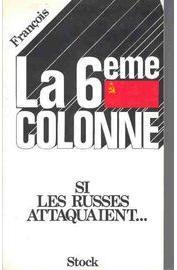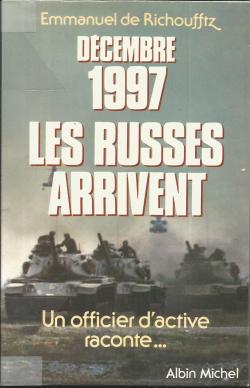With the increased availability of information about ordinary people past around 1990 or so, I could actually see a nuclear power attempting to subvert the second strike of its rival. If you can identify the particular individuals involved in turning the keys, you could channel them a message of this form:
Your family and clan lives around this sector. This sector is currently NOT on our target list. They'll probably be ok.
But if the nukes you're tagged as associated with fly, that sector will be completely annihilated.
Information age warfare creates the potential for a hardcore principal-agent problem with regard to nuclear custody. I wonder if that potential has actually been explored? I know that the Taliban did something similar with the ANA, basically targeting lots of key people with similar offers.
Your family and clan lives around this sector. This sector is currently NOT on our target list. They'll probably be ok.
But if the nukes you're tagged as associated with fly, that sector will be completely annihilated.
Information age warfare creates the potential for a hardcore principal-agent problem with regard to nuclear custody. I wonder if that potential has actually been explored? I know that the Taliban did something similar with the ANA, basically targeting lots of key people with similar offers.

